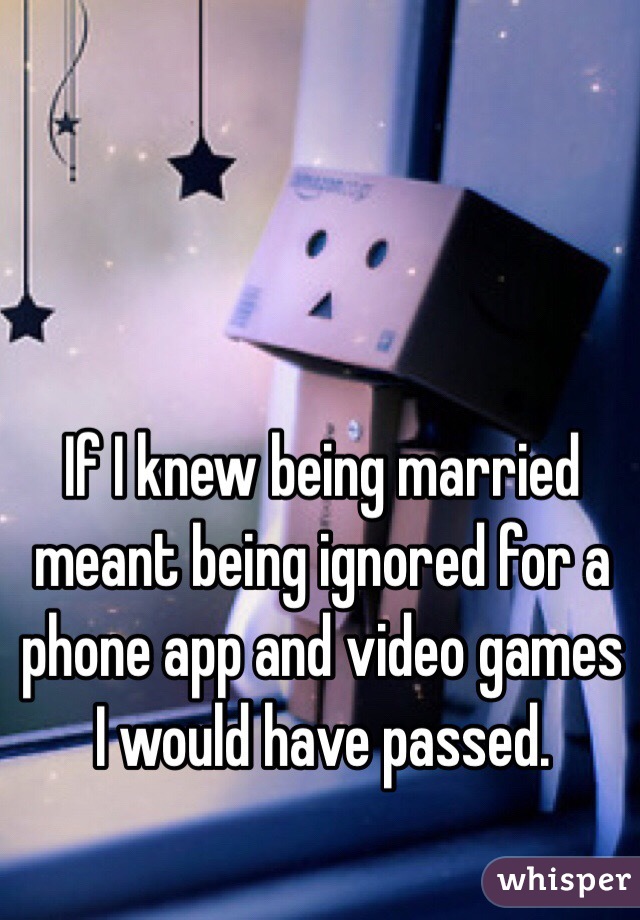It's been a while since I had an anti-phone rant, right? Well, let's make up for lost time:
We have—rubbing hands together in glee—Sherry Turkle's "Talk to Each Other, Not Your Phone"; Jonathan Franzen's review of her book, Reclaiming Conversation; Tony Schwartz's "Addicted to Distraction"; Amy Cuddy's "Your iPhone Is Ruining Your Posture—and Your Mood"; and a CBS News story, "What makes us happy and healthy?" (it has to do with giving our loved ones undivided attention).

First Turkle, who has written extensively on the subject of how technology is destroying the quality of our relationships. This article is addressing the feedback she received regarding another article of hers that I already linked. One comment she received was that if an interaction is boring, why shouldn't one seek entertainment elsewhere?
I have heard this objection before: In order for conversation to earn its right to be attended to, it needs to be compelling and novel. This way of thinking incorporates a view of conversation as a transactional tool: It has to accomplish something or provide new information. So, if these are your values and you find yourself in a conversation, there is pressure to be interesting and to perform. With that kind of pressure, it is not surprising that so many of us find it more relaxing to interact on screens. There, where we can edit and revise, we imagine that we are less likely to be dull and more likely to seem interesting.
Middleton offers his view of human conversation as a critique of my thesis; I see it as evidence of why we find ways around conversation. It holds conversation up to a standard that inhibits us from talking with spontaneity, from letting conversation develop naturally. Yet these are the kinds of conversations in which intimacy and empathy thrive.
In order for true connection to happen, there will be some emptiness, a lull, silence. Embrace it. Be freakin' bored, it won't kill you.
According to this view, when you are engaged in talk, you are interested in hearing how another person approaches things — her opinions and associations. In this kind of conversation — I think of it as “whole person conversation” — if things go quiet for a while you look deeper, you don’t text another friend. You take the moment to read your friend more closely or look at something you haven’t attended to before. Perhaps you look into her face or pay attention to to her body language. Or you simply allow the silence.
On to Franzen on Turkle:
The people she interviews have adopted new technologies in pursuit of greater control, only to feel controlled by them. The likably idealized selves that they’ve created with social media leave their real selves all the more isolated. They communicate incessantly but are afraid of face-to-face conversations; they worry, often nostalgically, that they’re missing out on something fundamental.
The potential detriment to children, in particularly, is the most alarming. Without conversation, they don't develop empathy, nor do they learn the means to deal with hardship, like bullying. Eek.

Schwartz relates his struggle to detach from technology. When he was unable to focus on a book, he realized he had to cut back on email and web surfing. With his daughter's assistance, he went cold-turkey (except for texting).
During those first few days, I did suffer withdrawal pangs, most of all the hunger to call up Google and search for an answer to some question that arose. But with each passing day offline, I felt more relaxed, less anxious, more able to focus and less hungry for the next shot of instant but short-lived stimulation. What happened to my brain is exactly what I hoped would happen: It began to quiet down.
That was for vacation. He's back to work, which means, of course, he has to deal with emails and internet. But now he's able to control how much time he devotes to it.
Cuddy was the one who taught us that standing tall makes you feel awesome; so slouching over an iPhone can make you pretty bummed. Also premature hunches cannot be that appealing (but that's just my note).
 |
| iHunch. |
I'm not so much of the DOOM outlook. I believe when something new comes on the scene, those who grew up without it don't know how to deal with it responsibly, as opposed to those who were born with it in hand. Print books are back to the point that bookstores are reopening, and e-book sales are decreasing. The novelty of ignoring real people will wear off soon. I hope.
No comments:
Post a Comment